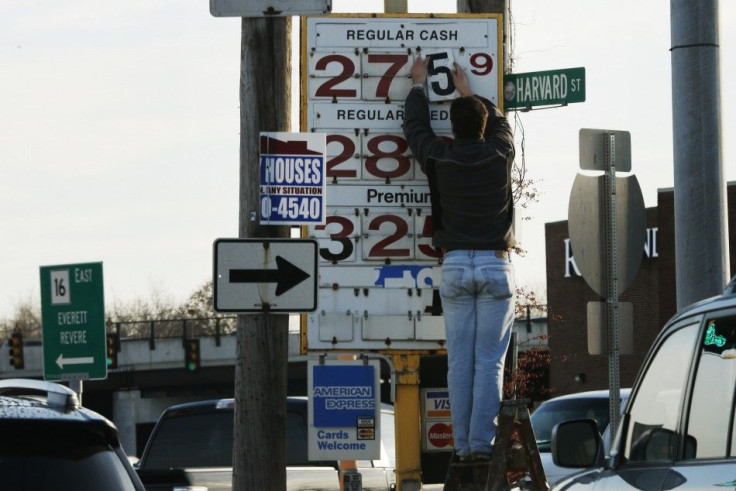Oil Price Drop To 50 Dollars May Already Be A Reality

The falling oil price in the past few months has been a subject of much deliberation and analysis. Many analysts speculate when the commodity price will bottom out and the prices will stabilise. The commodity may have already breached the 50 dollar mark in some markets. Here is a look at what the drop in prices could mean for Australia.
The OPEC members met in Vienna last week to consider cutting oil production in light of fall in the price of the commodity. The oil price at that time was just over 70 dollars. But their decision not to cut production led to a further fall in the price and the commodity is trading at just over 65 dollars at the moment.
But the price of crude oil has reportedly fallen below 50 dollars in the U.S. According to a report by SydneyMorningHerald, the commodity is being sold at a discounted price of 49.96 dollars a barrel in North Dakota. The discounted prices are available at the wellhead in the Bakken shale region in the state.
According to the report the discounted price is made possible at the wellhead because the producers do not have to incur additional costs for transporting the oil like trucking and rail fees. This would lead to the price being much lower to the WTO at the wellhead.
One of the reasons for the fall in the global oil prices is reported to be the increased oil production in the U.S. and Canada. The fall in oil prices may adversely affect some of the oil rich countries that have a major component of their revenues from oil sales. But the net oil importing countries like Australia may find the conditions favourable for the economy.
One particular consequence in falling oil prices is that transportation costs that include motor vehicles on road will fall. The prices of jet fuel may also come down, leading to additional disposal income in the consumer's pocket that can be spent elsewhere.
One industry that may benefit from higher disposable income in Australia is the retail sector. The sector is already posting impressive gains in the recent months. According to the Australian Bureau of Statistics, the retail turnover for the seasonally adjusted period of October rose by 0.4 percent. This follows a 1.3 percent increase in the month of September. With the holiday season just around the corner, a drop in oil prices and a robust retail sector may be exciting for the consumers.






